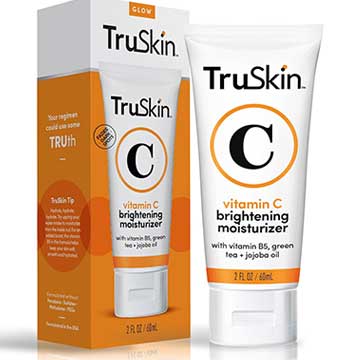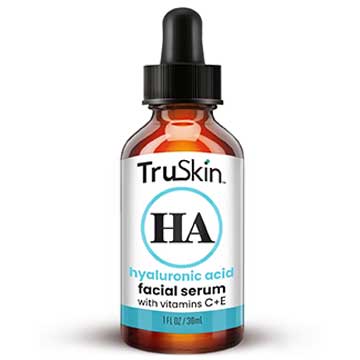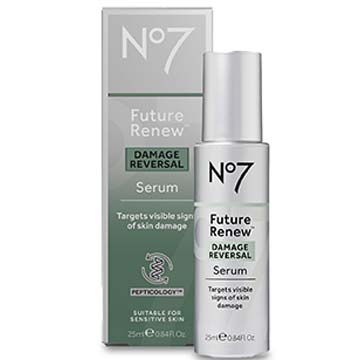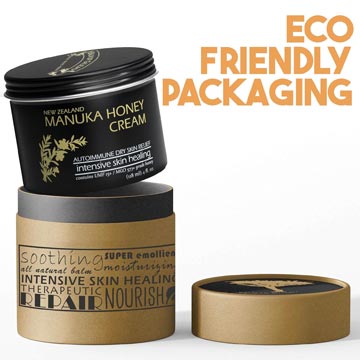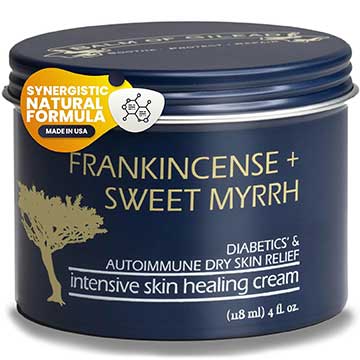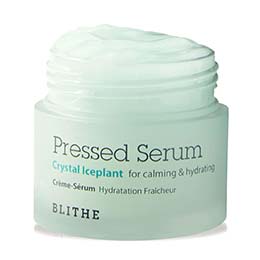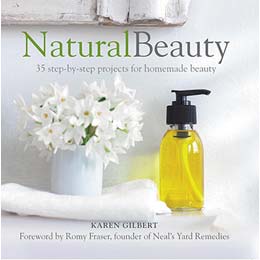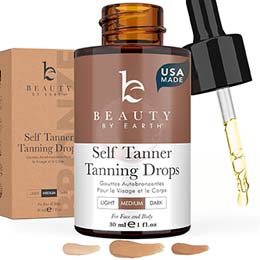How Long Does Makeup Last and Does it Expire?
Have you ever wondered if your cosmetics are still good to use? If you're like me, working from home has meant a lighter makeup routine, and some products in my collection have been sitting around for quite some time. I started noticing a few old favorites that had been pushed to the back of my makeup drawer and couldn’t help but wonder - are they still safe to use? That got me thinking: how long does makeup really last, and when does it expire? Is there a difference between the shelf life of unopened products and those I've already used?
With so many different types of makeup - foundations, powders, mascaras, lipsticks - each with unique formulas, it’s hard to know when it’s time to toss them out. Let’s take a closer look at how to tell if your makeup is still fresh or if it’s time for a clean-out.
Expiration Dates On Makeup Aren't Always Clear
In the U.S., there aren’t strict regulations requiring cosmetic companies to put expiration dates on their products. Some brands choose to label them voluntarily, while others use the 'Period After Opening' (PAO) symbol - a small open jar icon with a number followed by 'M' - or the 'Best Before End Date' (BBE) symbol to indicate how long a product will stay fresh after opening. If there’s no date on the package, checking the manufacturer’s website might provide more information.
What Factors Affect Shelf Life of Cosmetics?
Several factors can affect the shelf life of cosmetics, including:
1. Ingredients
- Natural and organic ingredients often have shorter shelf lives because they lack preservatives.
- Preservatives and stabilizers can help products last longer.
2. Packaging
- Air-tight or pump packaging can extend shelf life by reducing exposure to air and bacteria.
- Open jars are more prone to contamination because they’re exposed to air and touch.
3. Storage Conditions
- High temperatures, humidity, and direct sunlight can cause products to degrade faster.
- Cool, dry places help maintain the freshness of cosmetics.
4. Type of Product
- Liquids and creams (like foundations and moisturizers) usually have shorter shelf lives than powders.
- Powder products (like eyeshadow and blush) tend to last longer because they contain less water, which reduces the chance of bacteria growth.
5. Frequency of Use
- Products that are used frequently and exposed to air, like mascara, tend to dry out and expire faster.
- Double-dipping or touching products with fingers can introduce bacteria, shortening their life.
6. Personal Hygiene
- Using clean brushes and applicators and avoiding direct contact with fingers can prevent contamination.
- Sharing cosmetics can also increase the risk of bacterial growth.
7. Product Changes
- A change in color, texture, or smell can be a sign the product has expired, even if it hasn’t reached the suggested expiration date.
What Can Happen if you Use Expired Makeup?
Using expired makeup can lead to several potential problems, including:
1. Skin Irritation and Allergic Reactions
- Expired makeup can cause redness, itching, rashes, or bumps. As ingredients break down, they can become irritating or trigger allergic reactions, even if you’ve used the product without issues before.
2. Bacterial Infections
- Old makeup, especially liquid and cream-based products, can be a breeding ground for bacteria, mold, and yeast. This can lead to infections like pink eye, styes, or skin infections if you use expired products around your eyes or on open blemishes.
3. Breakouts and Clogged Pores
- Expired products might lose their preservative effectiveness, allowing bacteria to grow. This can cause acne, breakouts, and clogged pores, especially with foundations, concealers, and creams.
4. Changes in Product Performance
- As makeup ages, it can separate, change color, or lose its texture. Foundations might get clumpy, powders can harden, and mascaras dry out. This can make the product difficult to apply and look uneven or patchy.
5. Loss of Effectiveness
- Active ingredients in some cosmetics, like SPF or anti-aging compounds, can lose potency over time, making the product less effective. This means you might not be getting the protection or results you expect.
6. Unpleasant Odors
- Expired makeup can develop a strange or foul smell as ingredients break down. This is often a clear sign the product has gone bad and should be thrown away.
7. Eye Infections
- Using expired eye makeup, like mascara or eyeliner, can lead to serious eye infections. These products are particularly risky because they are applied so close to sensitive areas.
In short, expired makeup can be more than just ineffective - it can pose real risks to your skin and health. It’s always best to replace old products to keep your routine safe and your skin healthy.
Where You Store Makeup Matters
Where you store your makeup really matters because the environment can affect how long your products stay fresh and safe to use. Most makeup likes a cool, dry place - so the bathroom might not be ideal due to its humidity. I personally keep mine in a bag in my home office for convenience, but there are other reasons storage matters:
1. Heat and Humidity
- Bathrooms are often too warm and humid, especially after showers, which can cause makeup to break down faster. High temperatures and moisture can lead to bacteria and mold growth, particularly in products like creams and liquids. This can make makeup less effective or even unsafe to use.
2. Sunlight Exposure
- Direct sunlight can degrade ingredients, especially in natural or organic products, causing colors to fade and textures to change. Ingredients like Vitamin C or retinoids can lose their potency when exposed to light, making your products less effective over time.
3. Cool, Dry Spaces Are Best
- A cool, dry environment is the ideal storage spot for most cosmetics. Keeping makeup in a drawer, makeup bag, or storage box can help maintain its quality. If you don’t have a makeup vanity, a decorative box on a dresser or shelf can work as a stylish storage solution while protecting your products.
4. Refrigeration for Some Products
- Some products, like natural creams or eye gels, can benefit from being stored in the fridge. Cool temperatures can extend the shelf life of certain items and help keep them feeling refreshing during application.
5. Avoid the Car or Window Sills
- Leaving cosmetics in the car or on a sunny windowsill exposes them to extreme temperatures, which can cause them to melt, separate, or dry out. These conditions can make the products go bad much faster.
6. Keep Lids Tightly Closed
- Regardless of where you store your makeup, always make sure lids are tightly closed. This reduces exposure to air and bacteria, which can affect the texture and safety of your products.
By choosing the right storage spot, you’re not only helping your makeup last longer but also ensuring it stays safe and effective for your skin!
When to Say Goodbye to Makeup
Different products have varying lifespans, and proper storage can help extend them. Here are some general guidelines to know when it's time to toss your makeup:
- Facial Creams: Good for up to 1 year. Use a clean spatula instead of your fingers to prevent bacteria from contaminating the product.
- Toners: Last 6 months to 1 year. Homemade versions without preservatives will expire faster - usually within 30 to 60 days.
- Foundation: Typically 6 months to 1 year. Avoid dipping fingers directly into the jar to keep it fresh.
- Powder Makeup (Blush, Eyeshadow, Bronzer): Can last 1 to 2 years. Clean your brushes regularly to avoid transferring bacteria to the product.
- Mascara: Replace every 3 to 4 months. It dries out quickly - avoid pumping the wand to limit air exposure.
- Lip Products (Lipstick, Gloss, Chapstick): Last up to 2 years. Throw them away if they’ve been left in high heat or if you've used them while sick, as they can harbor bacteria.
Keeping an eye on these timelines ensures your products stay effective - and safe for your skin!
Summary
Makeup does expire! The shelf life varies depending on the product type and how it’s stored. While some items may last for years if unopened, many products have a limited lifespan once opened. Exposure to air, light, and moisture can accelerate deterioration. Using expired makeup can lead to skin irritation, bacterial infections, and reduced effectiveness. By taking care of your makeup, you not only maximize the value of your products but also keep your skin healthy and happy.

